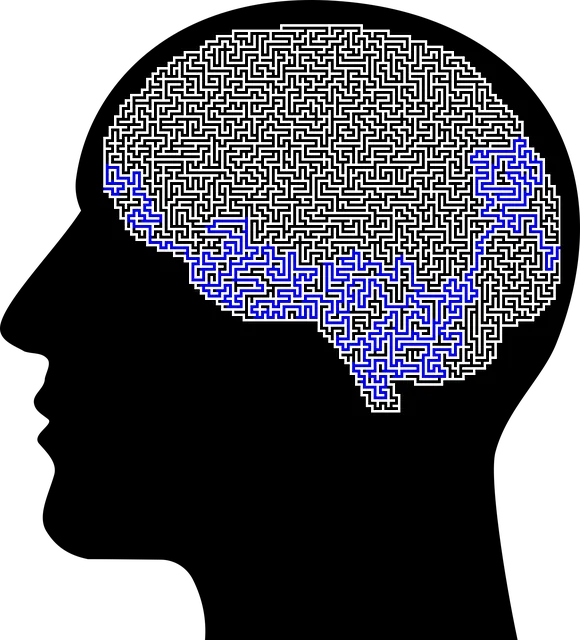The Centennial Kaiser mental health classes provide essential social skills training for individuals with depression and anxiety, empowering them to overcome isolation and manage symptoms through effective communication, confidence-building, and coping strategies. This supportive environment normalizes conversations about mental health, reduces stigma, and encourages active participation in community life, key aspects of depression prevention. Their evidence-based program, focusing on mind over matter principles, includes interactive activities, role-playing, and group discussions to develop self-care routines and constructive conflict management skills, ultimately enhancing well-being.
Social skills training plays a pivotal role in managing mental health conditions, offering individuals valuable tools to navigate social interactions with confidence. This article explores how structured programs can significantly enhance social functioning, breaking down barriers and fostering connections. We delve into the impact of mental health on social relationships and present a case study of Centennial Kaiser’s innovative social skills classes, showcasing their effectiveness in empowering individuals to thrive in various settings.
- Understanding the Impact of Mental Health Conditions on Social Interactions
- The Role of Skills Training in Improving Social Functioning
- Designing Effective Social Skills Classes: A Case Study at Centennial Kaiser
Understanding the Impact of Mental Health Conditions on Social Interactions

Mental health conditions can significantly influence an individual’s ability to engage in social interactions, often leading to feelings of isolation and further exacerbating existing symptoms. Conditions such as depression and anxiety disorders may cause individuals to withdraw from social activities or struggle to maintain conversations, impacting their overall well-being and quality of life. For instance, a person with social anxiety might experience intense fear and avoidance of social situations, hindering their ability to form connections and participate in community events.
Centennial Kaiser mental health classes offer valuable training in social skills, empowering individuals to navigate these challenges effectively. These classes focus on improving communication, building confidence in social settings, and teaching coping strategies for managing symptoms during interactions. By fostering a supportive environment, participants learn to manage anxiety relief techniques while engaging in role-playing exercises and group discussions. Additionally, the development of public awareness campaigns around mental health can further normalize conversations, reduce stigma, and encourage those struggling to seek support and participate actively in social activities, ultimately contributing to depression prevention efforts.
The Role of Skills Training in Improving Social Functioning

Social skills training plays a pivotal role in enhancing the social functioning of individuals with mental health conditions. At Centennial Kaiser mental health classes, professionals utilize structured programs designed to equip clients with practical tools and strategies for effective communication, relationship building, and conflict resolution. These skills are essential for navigating social environments, fostering connections, and ultimately improving overall well-being.
Through interactive exercises and group discussions, participants learn empathy building strategies, conflict resolution techniques, and the importance of self-care routine development for better mental health. Such training enables them to express their needs, manage emotions in social settings, and resolve disagreements constructively. By mastering these competencies, individuals gain confidence in their interactions, leading to more fulfilling relationships and a higher quality of life.
Designing Effective Social Skills Classes: A Case Study at Centennial Kaiser

At Centennial Kaiser, a pioneering approach to mental health care, social skills training has evolved into an art, tailoring classes to meet diverse needs. The program’s success lies in its holistic design, incorporating evidence-based mind over matter principles and fostering an environment conducive to learning and growth. By emphasizing interactive activities and real-life scenarios, the classes empower individuals with practical tools to navigate social interactions confidently.
This case study highlights the importance of a structured yet flexible curriculum. Instructors at Centennial Kaiser meticulously craft each session, addressing common challenges faced by those with mental health conditions. Through role-playing exercises, group discussions, and sharing personal experiences, participants engage in dynamic exchanges that promote understanding and empathy. Moreover, integrating self-care practices as a central theme encourages attendees to cultivate positive thinking and build resilience, ultimately enhancing their overall well-being.
Social skills training plays a pivotal role in enhancing the social functioning of individuals with mental health conditions. As demonstrated by the case study at Centennial Kaiser, structured programs like their mental health classes can significantly improve interactions and overall well-being. By understanding the unique challenges posed by mental health, these trainings offer a path to more inclusive and supportive communities. The approach, proven effective through practical implementation at Centennial Kaiser, holds promise for improving quality of life for those navigating mental health journeys.






